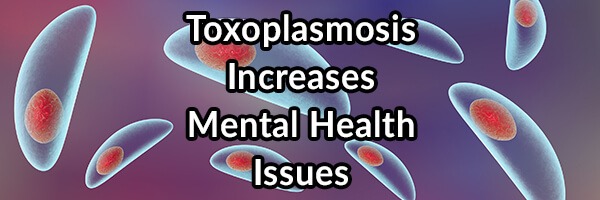
by John Brisson | Apr 29, 2016 | Opportunistic Microorganisms, Parasites
When will mainstream medicine admit that Toxoplasma gondii chronic infections also known as toxoplasmosis cause many different mental disorders? For how long do we continue to treat these infections with anti-depressants and anti-psychotic medication? I hope that, one...

by John Brisson | Mar 28, 2016 | Digestive Health, Endotoxin, MAP, Opportunistic Microorganisms, Parasites
I apologize for the very short post, but I want people to see this chart and realize the significance of it. Microbiology is my passion. I believe that most chronic diseases and so-called “autoimmune” disorders are infections. I have already blogged that...
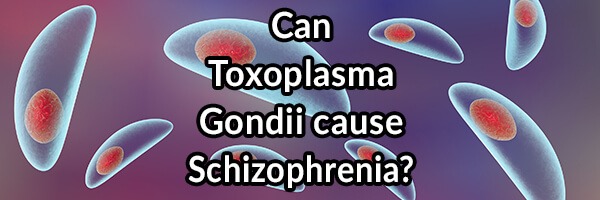
by John Brisson | Jun 16, 2015 | Digestive Health, Parasites
Schizophrenia might be caused by the parasite Toxoplasma gondii. I wrote about Toxoplasma gondii years ago in Fix Your Gut. “Piperidine is used in both the treatment of parasites and worms in animals and the treatment of schizophrenia, in humans. Researchers...
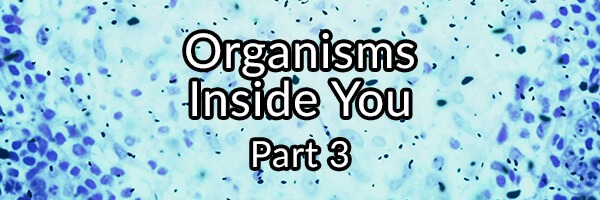
by John Brisson | Jan 9, 2015 | Digestive Health, Opportunistic Microorganisms, Parasites
Entamoeba histolytica is an opportunistic protozoan. Infection of the parasite occurs from ingestion of contaminated food and water. The parasite usually remains in the colon and cecum but can cause invasive infections in immunocompromised individuals. Histolytica can...
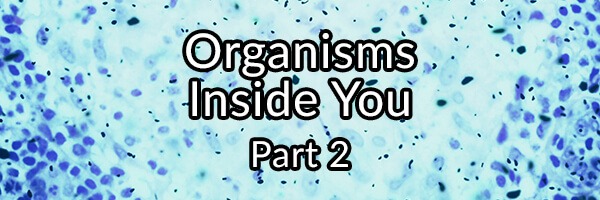
by John Brisson | Jan 2, 2015 | Digestive Health, Opportunistic Microorganisms, Parasites
There are some parasites that spread in more ways then ingestion of contaminated food and water. If you swim on a regular basis, you might have contracted Cryptosporidium, even if you swim in chlorinated pools. Cryptosporidium is a genus of apicomplexan protozoans...
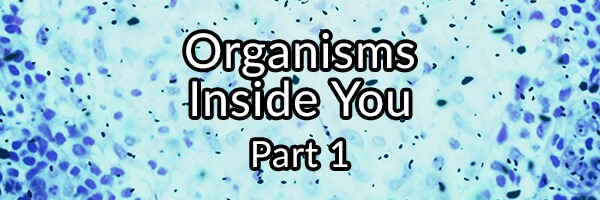
by John Brisson | Dec 15, 2014 | Digestive Health, Opportunistic Microorganisms, Parasites
Blastocystis is a genus of single-celled protozoan, which its colonization in most cases is asymptomatic. The intestinal colonization of hominis is somewhat common because of the low host specificity of the protozoan.1 Colonization rates differ between developed...











